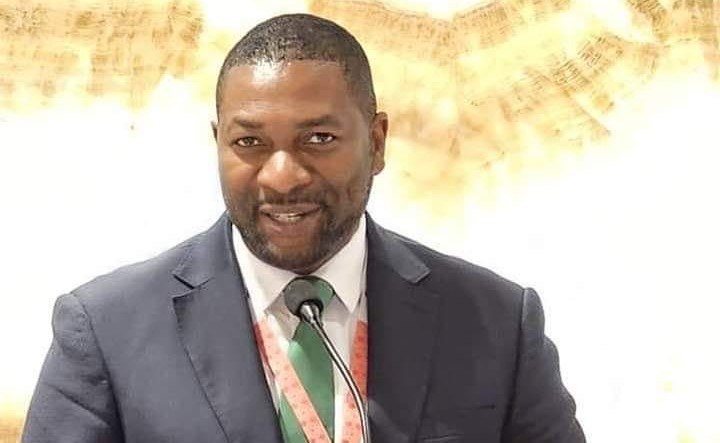Ministry’s maize plan under microscope
Ministry of Agriculture’s strategy to bank on irrigation to cover the maize deficit and stabilise prices this year has drawn criticism, with agriculture policy experts casting doubt on its practicality.
Minister of Agriculture Sam Kawale in an interview yesterday said government is investing heavily in irrigation farming, promoting crop diversification and providing resources for local procurement of maize to fill the food deficit.
On irrigation, he said the ministry is empowering individual farmers to manage water resources efficiently as well as rehabilitating and expanding existing irrigation systems.

Said Kawale: “By expanding our irrigated land, we aim to reduce our dependence on erratic rainfall, enable year-round cultivation and significantly boost overall agricultural productivity, thereby contributing to food self-sufficiency and reducing the need for imports in the long run.”
Malawi is facing a maize deficit of 537 380 metric tonnes (MT) in the 2024/25 growing season and in the 2025/26 National Budget, Parliament approved an allocation of K99.5 billion towards irrigation development to produce 337 000MT of maize on 56 113 hectares of irrigable land.
Reacting to Kawale’s sentiments in separate interviews yesterday, agriculture policy experts Grivin Chipula and Tamani Nkhono- Mvula said irrigation farming in the country is not that well developed.
Chipula, an associate professor of agricultural engineering at Lilongwe University of Agriculture and Natural Resources, said irrigation was still at the mercy of rainfall patterns as many farmers rely on rivers rather than harvested water.
He said the erratic rains Malawi experienced during the 2024/25 rainfall season could result in most rivers drying up earlier, thereby negatively impacting irrigation farming.
In a separate interview, Nkhono-Mvula said large-scale irrigation conducted in Malawi does not mainly focus on food crops such as maize.
“Importation of maize is the main intervention that can be done to cover the maize gap because even if Admarc [Agricultural Development and Marketing Corporation] and NFRA [National Food Reserve Agency] are to buy maize locally, there will still be a gap,” he said.
Last year, government budgeted K270 billion to fill a 600 000MT maize deficit through winter and irrigation farming, but details of the output from the investment have not been forthcoming.
Minister of Finance and Economic Affairs Simplex Chithyola Banda said in the 2025/26 Budget Statement in February that 23 000MT of maize were delivered to Admarc and NFRA through the mega farms programme the previous financial year.
Projections in the 2025 Global Report on Food Crises show that at least 6.8 million people need food aid this year.





